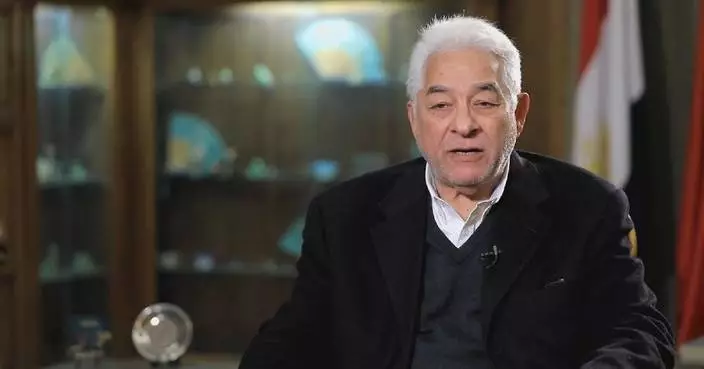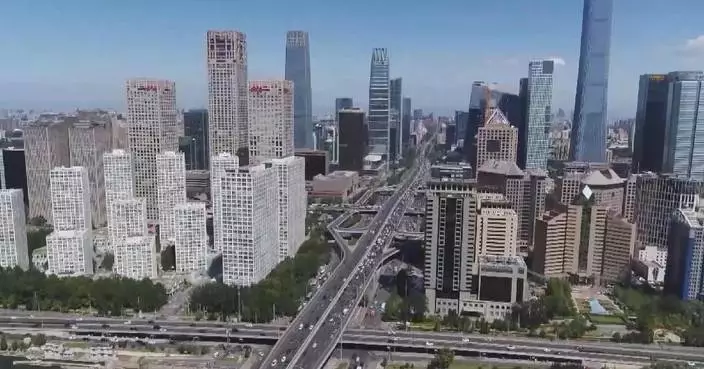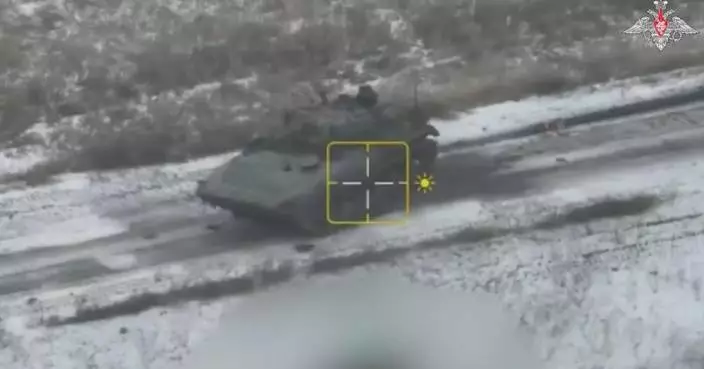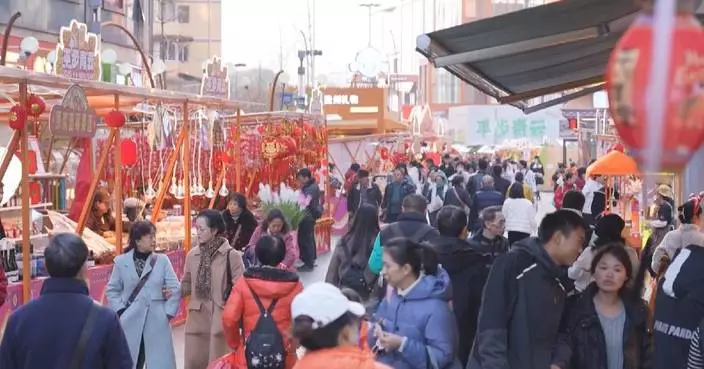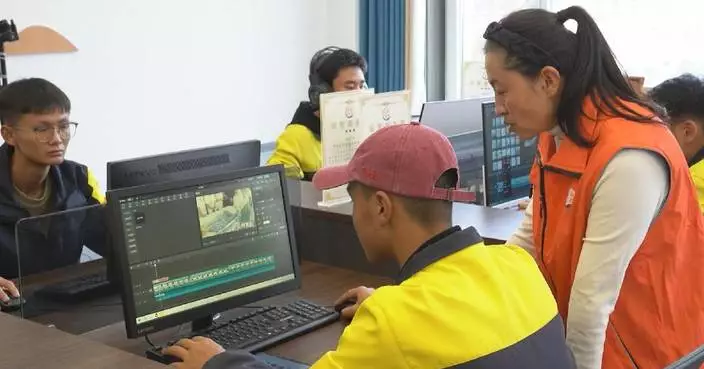Three years since it came into force, the Regional Comprehensive Economic Partnership (RCEP), the world's largest free trade pact encompassing 15 Asia-Pacific nations, has contributed significantly to regional economic integration.
Entering into force on Jan 1, 2022, the free trade agreement, the world's biggest of its kind in terms of population, economic scale, and growth potential, has partially offset the adverse impacts of fluctuating global demand and growing trade barriers. The pact comprises 10 member states of the Association of Southeast Asian Nations (ASEAN), China, Japan, the Republic of Korea, Australia, and New Zealand. Together, they cover about 30 percent of the world's population and 30 percent of global economic and trade volume.
In 2023, the RCEP member countries' contribution to global trade reached 13 trillion U.S. dollars, up 200 billion dollars from 2021, according to a report from the Chinese Ministry of Commerce.
The region also attracted 2,340 greenfield investment projects in 2023 with a combined investment of 243.09 billion dollars, representing a 33.9 percent increase in project numbers and a 120 percent surge in investment value compared to 2021, official data showed. Renewable energy, electronic component manufacturing, and telecommunications sectors were among major sectors that spurred this investment boom.
In addition to the growth of traditional trade, emerging sectors such as digital trade and green trade have gained significant momentum. The RCEP has created a favorable institutional environment for developing advanced fields, including next-generation information technology, artificial intelligence, clean energy, and biopharmaceuticals. These advancements have not only boosted regional economic integration but also served as a key driver of global investment growth.
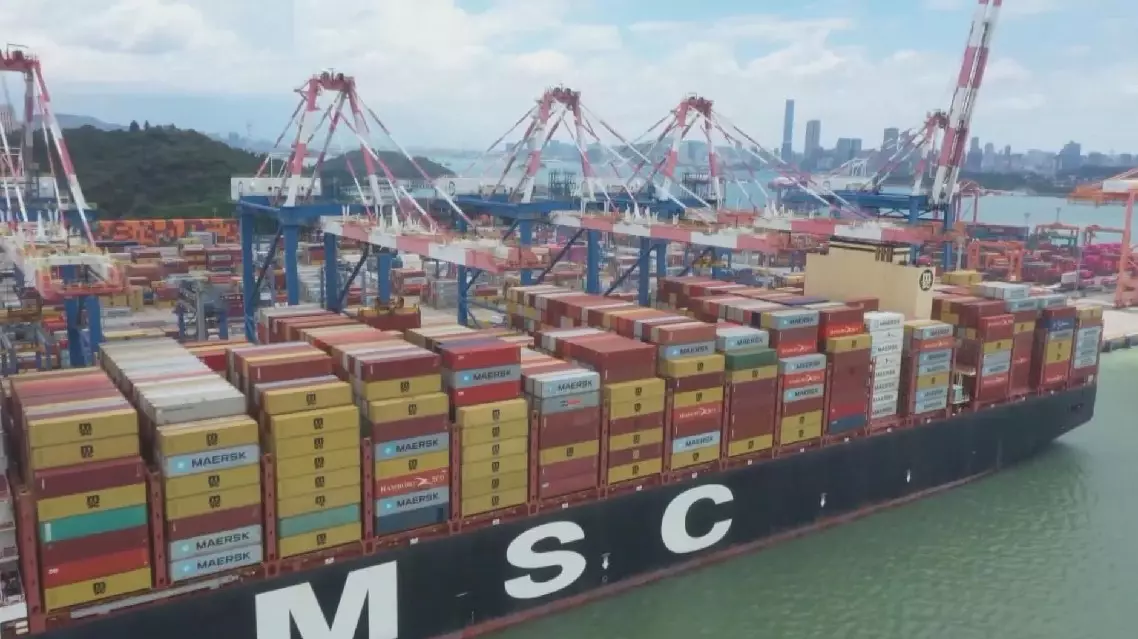
Three-year-old RCEP boosting Asia-Pacific economic integration
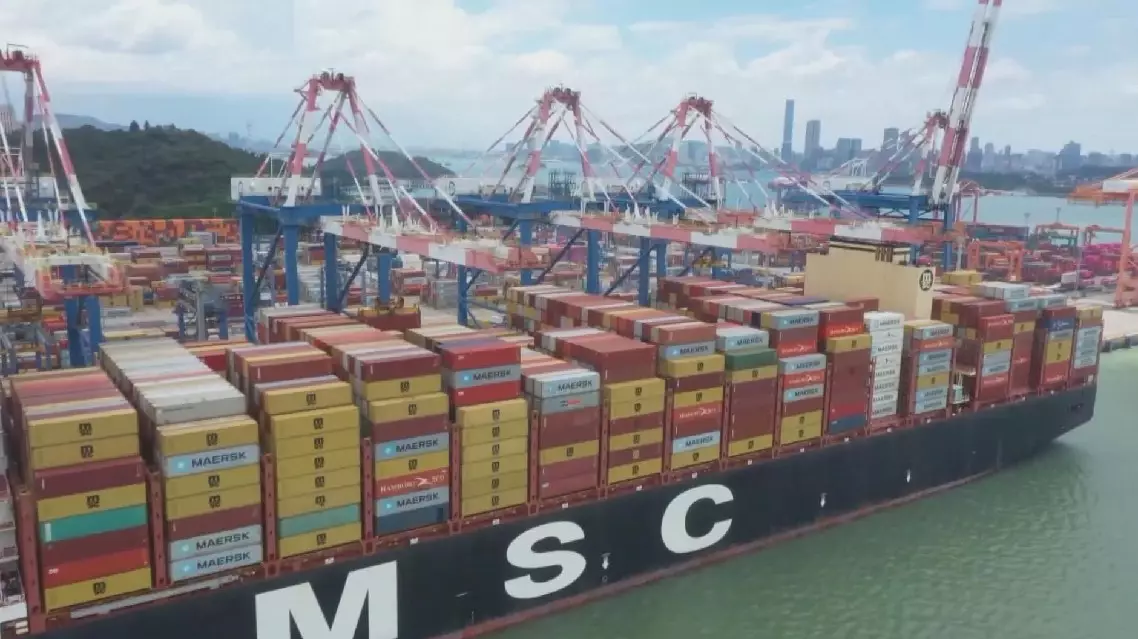
Three-year-old RCEP boosting Asia-Pacific economic integration
Iranian Foreign Minister Seyyed Abbas Araghchi has described the swift changes in Syria as a surprise to all parties, including former President Bashar al-Assad, while cautioning external powers against interfering in the country's internal affairs.
The remarks follow a dramatic turn of events on Dec. 8 last year when Syrian rebel forces captured the capital, Damascus, forcing Assad to flee to Russia.
In the wake of these events, Araghchi visited China from Dec. 27 to 28, where he held talks with Chinese Foreign Minister Wang Yi in Beijing.
In an interview with China Media Group (CMG), which aired on Friday, Araghchi shared his insights on the recent upheaval and outlined Iran's perspective on Syria's future.
"We had known for a few months that the Syrian opposition was organizing forces and planning new military actions. We shared this intelligence with the Syrian government, and, as far as we know, Russia also provided similar information. In any case, we were aware of the potential developments in Syria. However, the situation unfolded so rapidly, and the Syrian army offered no resistance -- something that no one, not even Bashar al-Assad himself, had anticipated," Araghchi said.
He emphasized the importance of regional cooperation in helping Syria maintain its sovereignty and territorial integrity, while stressing that Syria's future must be decided by its own people.
"Countries in the region must unite and help Syria establish a broad, inclusive government that represents all ethnic groups and factions. The sovereignty and territorial integrity of Syria must be preserved. Syria should not become a gathering place or safe haven for terrorists, nor should it pose a threat to its neighbors and other countries in the region. This principle is shared by all countries in the region regarding the current situation in Syria. External powers should not interfere in Syria's internal affairs. The future of Syria must be decided by its own people, as they are the true masters of the country and its destiny. Our role is to assist them once they make the right decisions. We hope to see a peaceful, stable Syria, one that is friendly to its neighbors," Araghchi said.
Further elaborating on Iran's position, Araghchi stated that Iran is waiting for Syria to stabilize and announce its new foreign policies.
"We are waiting for the Syrian transitional government to announce its policies toward other countries in the region and beyond, and for the government to stabilize itself. What we are looking at is not superficial changes or slogans, but tangible actions. Our engagement with the Syrian transitional government will depend on its actions. Iran is acting with complete goodwill, and we hope for Syria's stability. We'd like to help Syria achieve stability and ensure the safety of all its communities, including Shiites, Sunnis, Arabs, and Kurds," said the Foreign Minister.
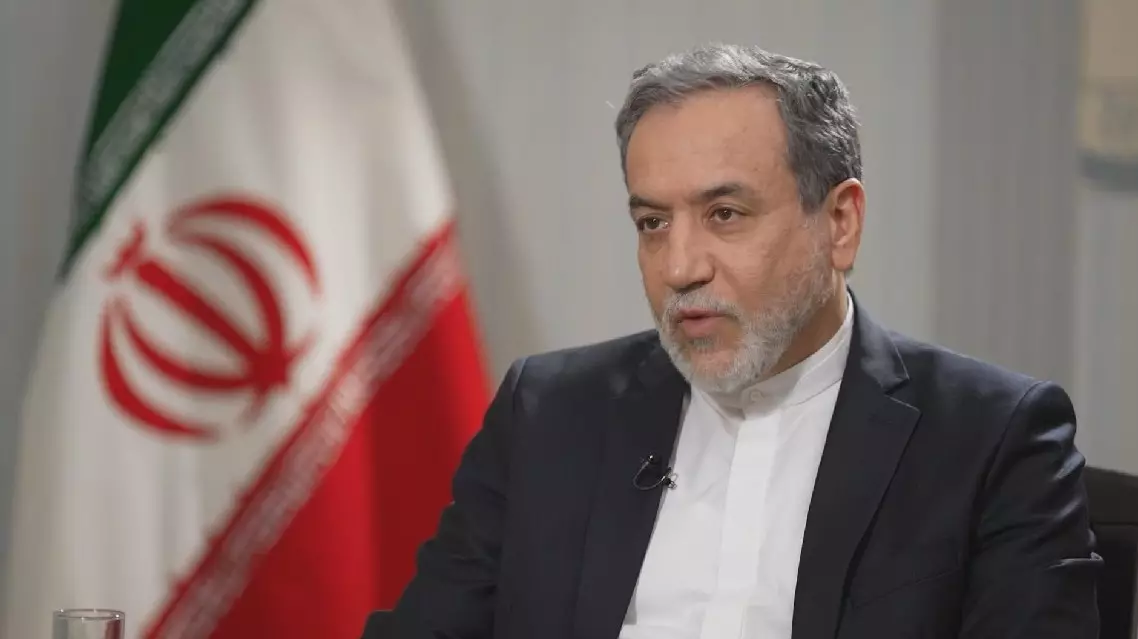
Swift changes in Syria took everyone by surprise: Iranian FM






